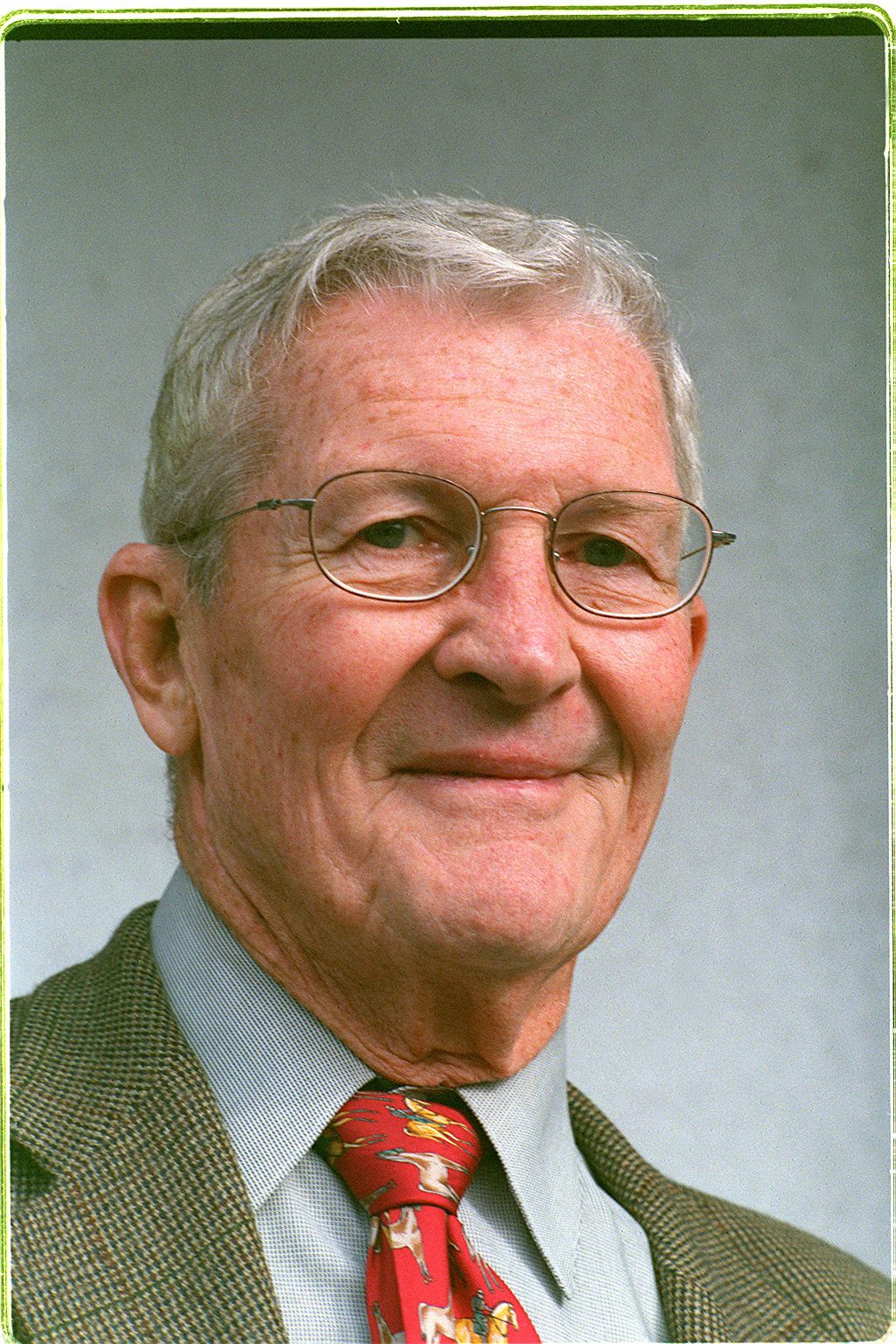Remembering Terence Hallinan ’64, “Outspoken and Fierce” in Pursuing Justice
Hallinan, a distinctive and often divisive figure in San Francisco politics, died Jan. 17, 2020. He was 83.

Terence Hallinan, 2003, Photo by Nancy Wong
San Francisco is known for its iconic political figures, but it was always hard to beat Terence “Kayo” Hallinan ’64, who died this week at age 83. Known for his swift fists and rough-and-tumble nature, he was a passionate attorney and politician who broke the mold and embodied “progressive prosecution” well before the term took hold.
“He was outspoken and fierce in his pursuit of justice, his defense of those in need, and his love for this city,” San Francisco Mayor London Breed said in a statement following his death.
Hallinan was never satisfied with the status quo. “It is poignant and moving to say goodbye to Terence Hallinan as a new movement for progressive prosecution is on the rise,” said Professor Hadar Aviram. “His career in civil rights and in the government is a testament to the value of coming into the establishment from a place of empathy and struggle, and a great beacon to us as we strive to move from mass incarceration in exactly the ways he charted decades ago.”
Hallinan came from an Irish-Catholic family of lawyers and fiery tempers whose members had various brushes with the law. His father, Vincent Hallinan, was a renowned defense attorney who ran for president as a member of the Progressive Party and represented union leader Harry Bridges on charges related to accusations that he was a communist. His children campaigned for him while he was in jail on contempt of court charges stemming from his representation of Bridges. At Vincent’s memorial, the late Mayor Joe Alioto called the Hallinans the “social conscience of San Francisco . . . and in many respects the heart of San Francisco.” Terence’s older brother Patrick Hallinan ’62, who died Oct. 8, 2019, was a longtime defense attorney with an equally colorful career.
But it was Terence, the second of six sons, who left the largest stamp on San Francisco. He ran with a rough pack and learned the criminal justice system first-hand as a defendant in the city’s juvenile justice system. He attended UC Berkeley, channeled his anger into a place on the university’s boxing team, and nearly made the U.S. Olympic team. Then came the London School of Economics and law school at UC Law SF.
At UC Law SF, Hallinan discovered the art of nonviolent protests. As a member of the Student Nonviolent Coordinating Committee in the summer of 1963, he was arrested and beaten by police while registering black voters in the South. He had a long string of arrests in San Francisco for his participation in protests and sit-ins, several of which ended in convictions for unlawful assembly and disturbing the peace.
After graduating from law school he passed the bar but was denied admission due to his arrest record. The Committee of Bar Examiners questioned his history of civil disobedience. Never reticent, Hallinan responded in those proceedings that it was “unfortunate” that more German lawyers had not disobeyed the Third Reich.
He petitioned the California Supreme Court and prevailed in 1966 after an important ruling on his protest involvement. While California Supreme Court Justice Raymond Peters noted that Hallinan had a “habitual and continuing resort to fisticuffs to settle personal differences,” he nonetheless led a 6-1 decision supporting Hallinan’s admission to the bar, writing that if the court denied professional licenses to everyone who engaged in a sit-in, “we would deprive the community of the services of many highly qualified persons of the highest moral courage.”
In private practice, Hallinan represented soldiers jailed for protesting the Vietnam War, Haight-Ashbury denizens accused of everything from drug use to giving away food, and, briefly, Patty Hearst. He later represented serial killer Juan Corona and Mitchell Brothers porn empire heir James Mitchell.
He first ran for a spot on the city’s Board of Supervisors in 1977, against Harvey Milk, and finally won a seat in 1988.
In 1995 he was elected District Attorney, serving from 1996 to 2003. He refused to seek the death penalty in capital cases, was a strong advocate for decriminalizing prostitution and supported the use of medical marijuana. His tenure was tempestuous; he immediately fired 14 longtime prosecutors upon his arrival and for a time posted an armed guard outside his office. There were other political and physical dust-ups. He was often at odds with the city’s police union and the department itself. His office indicted several members of police leadership, including San Francisco Police Chief Earl Sanders, the city’s first black police chief, regarding an alleged cover-up following a bar fight involving Assistant Police Chief Alex Fagan’s son, known to longtime San Franciscans somewhat affectionately as “Fajitagate.”
Hallinan served two terms, losing a bid for a third one in 2004 to now U.S. Senator Kamala Harris ’89. He returned to private practice with his son Brendan, focusing on medical marijuana cases.
Harris said in a statement Friday: “California has suffered a terrible loss with the passing of Terence Hallinan. He was a fighter who dedicated his life to pursuing justice and serving the people of San Francisco. He will be greatly missed.”